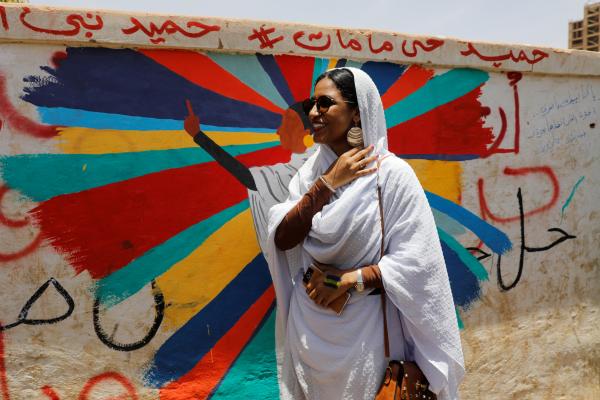Apr 26, 2019
The Sudanese revolution is half-complete. On April 12, merely 24-hours after they had gotten rid of Omar al-Bashir, their dictator of 30 years, the Sudanese people were still out on the streets. They are out today too.
Read the Full Article

Already a subscriber? Login
